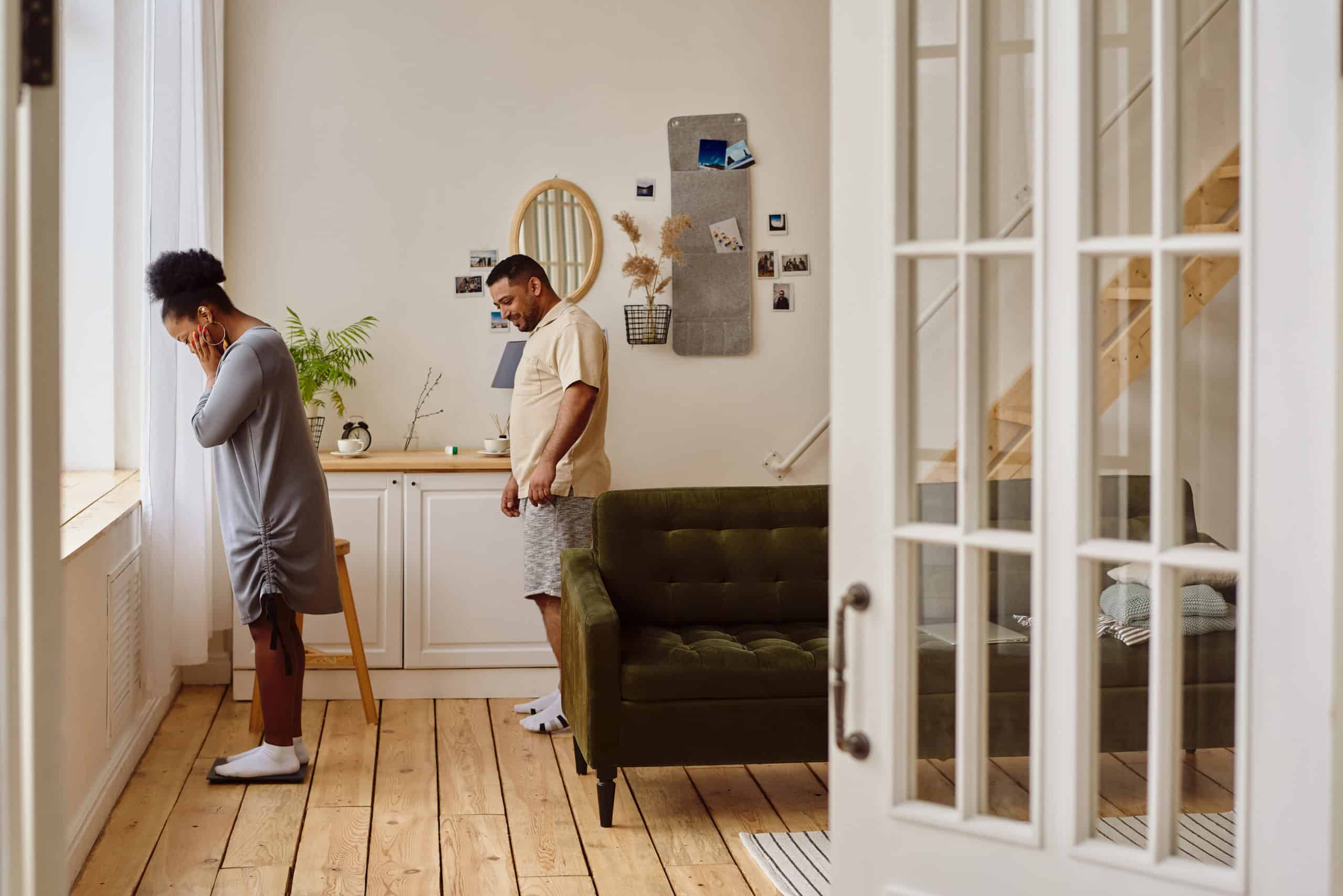Author: Christina Stiehl
When I weighed myself in the fall of 2021, the highest number I had ever seen on the scale stared back at me. I gained 20 lbs in just over a year. This wasn’t a huge surprise—the pandemic had taken a major toll on my health, both physically and mentally, which I’m sure can be true for, well, everyone. I’m someone who thrives with structure and a routine, without either, I even struggled to stick with the healthy habits that were so deeply engrained.
In the spring of 2020, I went from waking up early for the gym five mornings a week to sleeping in with just enough time to make coffee and log on to my remote job. The most movement I got was walking from my bedroom to the kitchen, which, in a 350-square-foot New York City apartment, isn’t a lot of steps.
I was also consumed with anxiety 24/7, worried about if my loved ones would get sick, how frontline workers would be affected, and what this meant for our vulnerable hospital system and fragile economy in the short- and long-term. As the pandemic wore on, I turned to more unhealthy coping mechanisms to deal with the stress: drinking wine almost every night and watching Netflix instead of working out. My job grew increasingly stressful, and with no work-life balance to speak of, I barely had time to feed myself, let alone go grocery shopping or cook a healthy meal. I turned to greasy takeout and stress snacking—anything quick and salty that would appease my taste buds and distract me from how miserable I was. Salt and vinegar potato chips, tortilla chips and guacamole, and pretzels were my go-to’s.
Finally, by the fall of 2021, after months of being unhappy and feeling stuck (and experiencing the harsh reality of my weight gain), I knew I had to start making changes for my overall physical, mental, and emotional well-being. In the past when I gained weight, I viewed it as a moral failing, that somehow I had done something “wrong” and would feel terrible about myself. And in response, I’d punish myself with strict food rules and exercise schedules. This time around, I decided to give myself grace—I was coming off the two most stressful years of my life, and I was thankful for this body that survived a global pandemic. And this time around, I also decided to focus on getting back to healthy habits that I could keep up long-term—and ease into—rather than making changes that weren’t sustainable.
To start, I finally prioritized my mental health and went back to therapy. I found a great new job (here at Noom!), which allowed me to start finding a work-life balance. From there, I made sure to find time every day for movement, even if it was just 15 or 20 minutes a day—a walk, a more structured workout, or any other kind of movement. I stopped drinking alcohol during the week (except on rare weekday social occasions), and I put a more solid sleep schedule together by creating a wind-down routine: turning off electronics, making chamomile tea, taking a bath, and going to bed early so that I can wake up early, energized for a morning workout before work. Not surprisingly, I used Noom to help me find low-stress ways to build these new routines. (More on this in a follow-up post!)
As we’ve moved into the New Year, I’m continuing to make small changes to establish healthier and more sustainable habits. While a big goal of mine is to cook and meal prep more often, I’ve been relying on a healthy meal delivery service in the meantime. I’ve started to go to the gym in the mornings before work three days a week, and I plan to ramp that up to four or five days after I settle into my routine.
The most important thing is that I’m trying and not expecting myself to be perfect. After a holiday season spent back at my parents’ house eating nothing but beige foods (including Christmas cookies for breakfast), it’s been the perfect opportunity to practice self-compassion. Establishing a new routine takes time, and I’m learning to be patient with myself as I continue to make choices that align with my health goals.
And if the numbers on the scale don’t move as quickly as I’d hoped, or I stay up too late watching TV and sleep in instead of waking up early to exercise, I’ll remind myself that it’s all part of the process—I’m learning. As long as I’m investing in my overall health and well-being, I’m on the right track.




